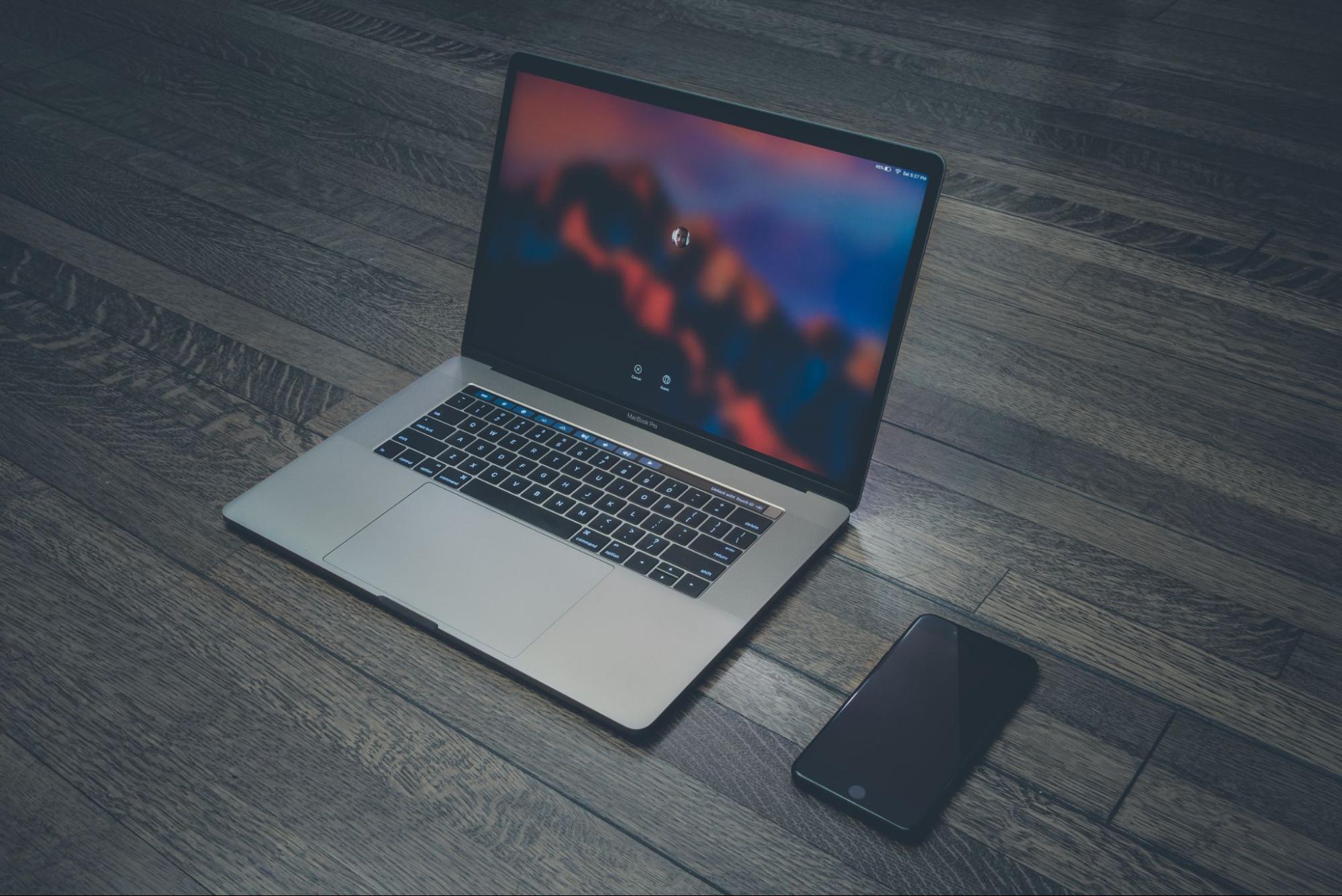
Finding the right laptop is crucial for computer science students, as it can significantly impact their productivity and performance. With the wide range of options available in the market, it can be overwhelming to choose the best one. That’s why I’m here to help narrow your choices and guide you toward the laptops ideal for computer science studies.
Another important consideration is memory or RAM. As a computer science student, you’ll likely work with multiple applications simultaneously and run virtual machines for testing. Aim for at least 8GB of RAM to ensure optimal performance without lag.
Best Laptops for Computer Science Students
When it comes to computer science, having the right laptop can make all the difference in your studies. With so many options available, choosing the one that suits your needs best can be overwhelming. But fear not! I’m here to help you navigate through this decision-making process.

- Consider the specifications: A powerful processor and ample RAM are crucial for running complex coding software and multitasking efficiently. Look for laptops with at least an Intel Core i5 or AMD Ryzen 5 processor and 8GB or more RAM.
- Storage capacity: As a computer science student, you’ll likely work on large projects and store vast amounts of data. Opting for a laptop with solid-state drive (SSD) storage will provide faster boot times and faster access to files than traditional hard drives.
- Display size and resolution: Since you’ll be spending long hours staring at your screen, it’s important to consider a comfortable display size that suits your preferences. A 13-15 inch display and a high-resolution (1080p or higher) for crisp visuals are generally recommended.
- Portability matters: As a student constantly on the move, portability becomes essential. Look for lightweight laptops that won’t weigh you down during those long days on campus or when studying at coffee shops.
- Battery life: Nothing is more frustrating than running out of battery during an important project or lecture hall session. Aim for laptops with a minimum battery life of 6-8 hours to ensure uninterrupted daily productivity.
- Connectivity options: Make sure your laptop has enough ports (USB-A/C, HDMI) to connect external devices such as printers, external monitors, or peripherals required in certain courses.
- Operating system preference: While both Windows and macOS have advantages and disadvantages, consider which operating system aligns better with the coding languages and software you’ll use throughout your studies.
Final Thoughts
Storage capacity is also vital when choosing a laptop. While traditional hard drives offer more space at a lower cost, consider opting for solid-state drives (SSD) due to their faster read/write speeds and increased durability.



